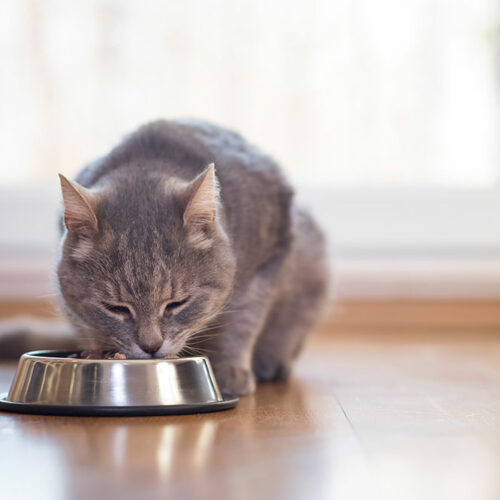Foods to eat and avoid for managing schizophrenia

It has been observed that those who have schizophrenia, a chronic psychological illness, usually have diets that are unhealthy, low in fiber and fruit, and high in saturated fats. Unhealthy eating habits typically lead to other health problems which can also put people with schizophrenia at high risk for diabetes, cardiovascular disease, and more. According to research, dietary changes do really help manage schizophrenia. Here are some best and worst foods for schizophrenia. Foods to eat Fruits Many studies show that people with schizophrenia usually do not get enough fiber, and thus, need to eat fruits. Some of the best sources of fiber are apples, pears, and raspberries. Fiber not only helps reduce bad cholesterol but also helps in digestion, thereby reducing the chances of certain health problems associated with schizophrenia such as obesity, diabetes, and heart disease. Vegetables Vegetables don’t have heart-heavy cholesterol, are packed with essential vitamins and fiber, and are low in calories and fat. Veggies like sweet potatoes, kidney beans, and lima beans contain potassium that could help in keeping blood sugar in check. The best food for schizophrenia is spinach as it is high in folate, which could help in easing symptoms of schizophrenia. Apart from spinach, folate can also be found in asparagus and black-eyed peas.






